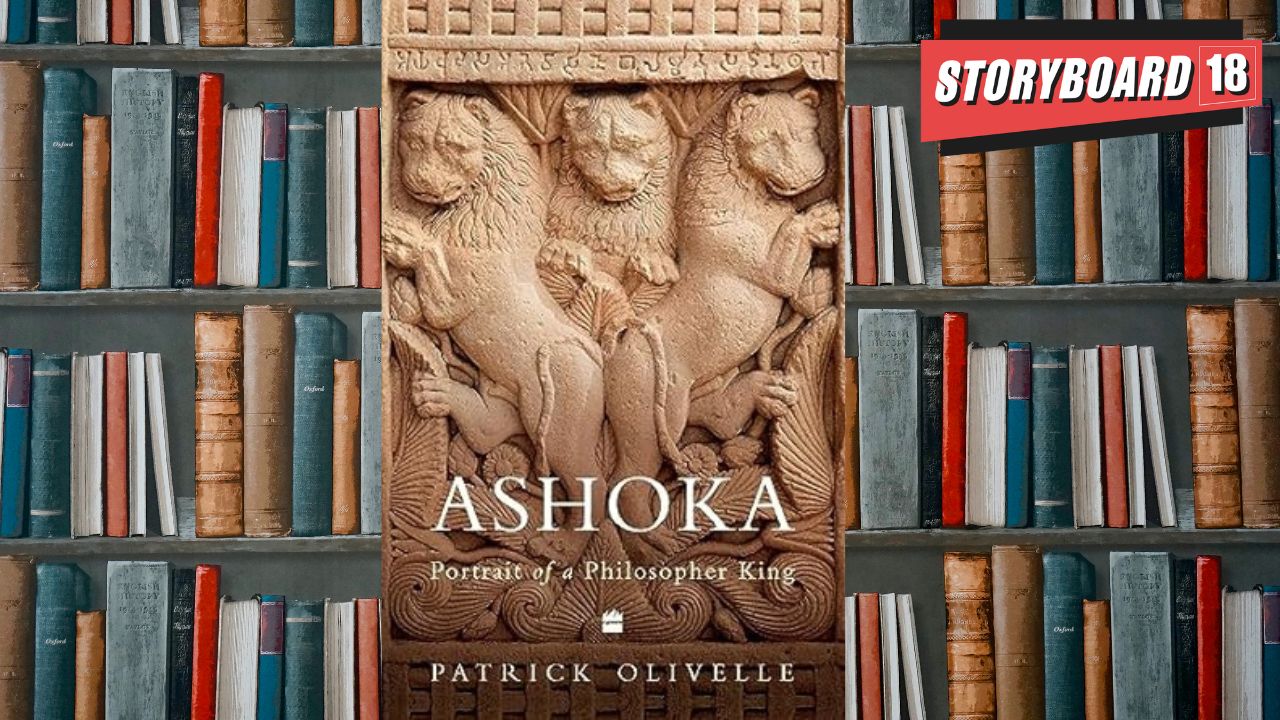THE RESILIENT LEGACY OF A GOOD MAN!
When India became a nation, the Ashoka Chakra became part of our flag and the Ashoka lions became our emblem. These Ashoka lions are based on a 3rd-century BCE sandstone sculpture known as “Lion Capital of Ashoka.” This was erected by the Emperor Ashoka- who lived in 200 BC,at Sarnath, in present-day Uttar Pradesh.
So Emperor Ashoka is a part of our lives as a nation! Patrick Olivelle insists that Ashoka’s ideals are embedded in the ‘dharma’ we abide by. However, unlike Gandhi, Ashoka’s ideals aren’t attributed to him- and this is what he argues in his book ‘Portrait of a Philosopher King’.
Patrick Olivelle has carved out an exceptional volume, with almost 90 pages of reference alone. As a reader, I was grateful to the work of James Price, who in 1837 deciphered the Brahmi script in which most of Ashoka’s inscriptions were written! What a wonderful value addition to other hagiographies!
Here are our five Bookstrapping insights:-
1. Long before Gandhi preached peace, there was Ashoka. Long before vegetarianism became mainstream, Ashoka was the vegetarian King. Ashoka’s inscriptions indicate that he prohibited the sacrificial killing of animals to feed the royal household.
2. Ashoka’s empire stretched from today’s Afghanistan to Bangladesh in breadth and from Nepal to present-day Karnataka in height. This is large enough to be considered important. Ashoka inherited his kingdom from his grandfather Chandragupta Maurya and father Bindusara. He would certainly have had a state bureaucracy, armed forces, economic management etc to manage such a vast region.
3. Ashoka’s other name ‘Piyadasi’ is all but extinct! Piyadasi- which means of benign countenance or ‘pleasing to see’ was evidently not preferred by the Buddhists- though we dont know why.
4. Ashoka’s conquests were as bloody a those of his father and grandfather. The difference is that Ashoka acknowledged it and apologised for it. Ashoka speaks of an ‘offence’ committed by the state of Kalinga, because of which he ‘had to’ attack! And yet, he regretted it. He was a King with a conscience and that is why, we cannot get over him fully.
5. Ashoka’s upbringing was multicultural- both Chandragupta Maurya and Bindusara had Greek wives. Naturally, Ashoka was a ‘universalist’ with an expansive vision, connections and influence all over the world.
H G Wells is right to consider Ashoka almost alone, unique and shining as not just a King who was responsible for the spread of Buddhism but also the lone king in world history who was strong enough to say, ‘Im sorry.’ Here was a King who believed that ‘Dharma is universal’ and not the monopoly of any sect. Chapter 9 in the book, explains Dharma in detail and must not be missed!
Summing up, lets stay with Ashoka’s statement that ‘it is difficult to do good’! Ashoka believed that he who is the first to embark on doing good, has done something difficult to do. What are you waiting for?
Read More: Bookstrapping: The Great Flap Of 1942 by Mukund Padmanabhan
